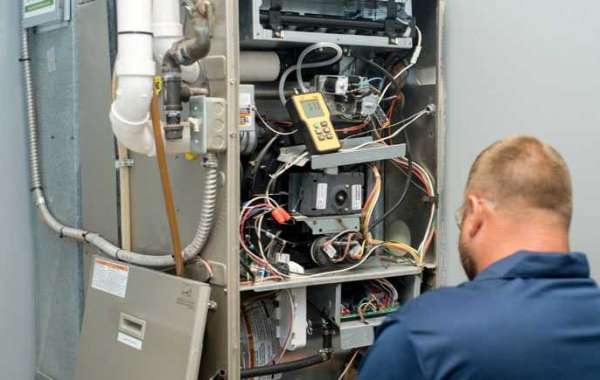Are you an aspiring engineer dreaming of a successful career in Canada? The Association of Professional Engineers and Geoscientists of Saskatchewan (APEGS) Work Experience Reporting plays a crucial role in achieving your engineering goals. In this blog, we will delve into the importance of APEGS Work Experience Reporting and how it helps you become a licensed engineer in Canada.
1: Understanding APEGS Work Experience Reporting
What is APEGS?
Engineers and geoscientists in the Canadian province of Saskatchewan are subject to regulation by the Association of Professional Engineers and Geoscientists of Saskatchewan (APEGS). APEGS assesses the qualifications and experience of individuals seeking licensure as professional engineers.
The Importance of Work Experience Reporting
APEGS Work Experience Reporting is a crucial step in the licensure process, allowing engineers to demonstrate their engineering work experience. It involves documenting and reporting the details of your engineering-related employment, showcasing your practical application of engineering knowledge and skills.
Verification of Competency
APEGS Work Experience Reporting serves as evidence of your competency as an engineer. It showcases your ability to apply engineering principles and theories to real-world projects, highlighting your technical expertise and problem-solving abilities. This verification process is essential for earning the trust of employers, clients, and regulatory authorities.
2: Pathway to Engineering Licensure
Meeting Licensing Requirements
To become a licensed engineer in Canada, you must meet the specific licensing requirements of the province you wish to practice in. APEGS Work Experience Reporting is a crucial component of these requirements, providing evidence of your engineering experience.
Demonstrating Engineering Competence
APEGS Work Experience Reporting enables you to demonstrate your engineering competence through documented examples of projects, responsibilities, and achievements. It allows you to showcase your ability to analyze problems, propose solutions, and effectively contribute to engineering teams.
Professional Development
APEGS Work Experience Reporting encourages continuous professional development. It prompts you to reflect on your engineering experiences, identify areas for improvement, and set goals for your ongoing growth. This process promotes lifelong learning and ensures that you stay current with industry standards and best practices.
3: Professional Advantages

Enhanced Employability
APEGS Work Experience Reporting enhances your employability in the engineering field. Employers recognize the value of engineers who have undergone a thorough work experience reporting process, as it validates their practical skills and demonstrates their commitment to professional growth.
Facilitating Licensure Application
Completing APEGS Work Experience Reporting successfully is a crucial step in your journey toward obtaining professional engineering licensure. A comprehensive and accurate work experience record helps streamline the licensure application process, making it easier for regulatory bodies to assess your qualifications and grant you the license to practice engineering.
Building Professional Networks
Engaging with APEGS and participating in the work experience reporting process offers networking opportunities with fellow engineers and industry professionals. Building connections within the engineering community can lead to mentorship, collaborations, and potential career advancements.
APEGS Work Experience Reporting plays a vital role in your journey to becoming a licensed engineer in Canada. It validates your engineering competence, demonstrates your practical experience, and enhances your professional standing. By diligently completing the work experience reporting process, you pave the way for a successful and rewarding engineering career in Canada.










